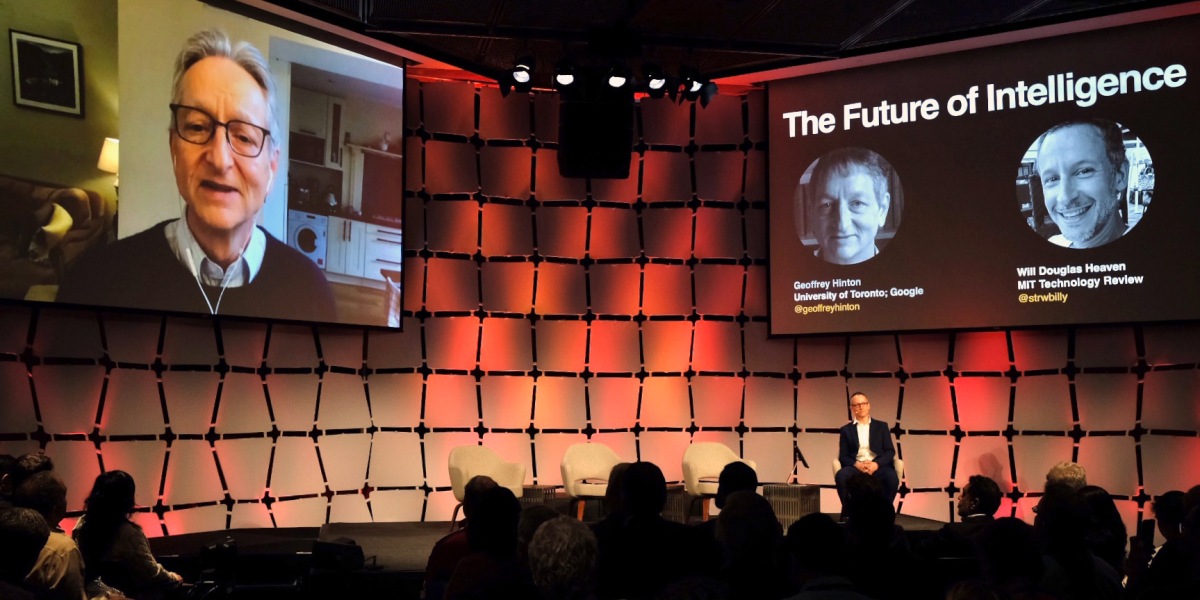
Deep learning pioneer Geoffrey Hinton announced on Monday that he was stepping down from his role as an AI researcher at Google after a decade with the company. He says he wants to speak freely as he grows increasingly worried about the potential harms of artificial intelligence.
Prior to the announcement, Will Douglas Heaven, MIT Technology Review’s senior editor for AI, interviewed Hinton about his concerns—read the full story here.
Soon after, the two spoke at EmTech Digital, MIT Technology Review’s signature AI event, discussing everything from why humanity could be just a passing phase in the evolution of intelligence, to why he thinks computers are better at learning than humans. Watch their conversation in full.
The inside scoop on solar geoengineering
Over the past few weeks, it’s felt like solar geoengineering has suddenly become a huge part of the public conversation around the climate. Geoengineering is an umbrella term that covers a wide range of efforts to alter the Earth, usually in some way related to holding back climate change.
Solar geoengineering involves reflecting some of the sun’s radiation back into space, which could, in theory, help cool the planet, counteracting the warming caused by greenhouse-gas emissions.
The problem is that nobody can really agree whether we should even be studying solar geoengineering, much less doing it. Yet a handful of scientists are throwing caution to the wind and doing it anyway. Read the full story.
